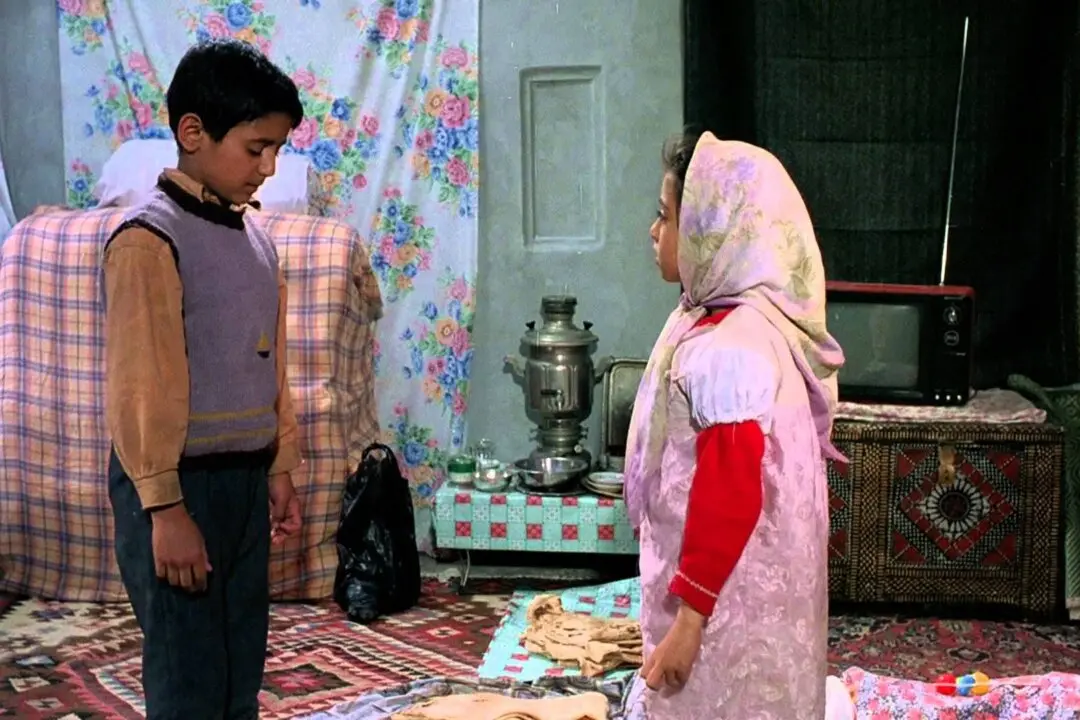NR | 1 h 45 min | Drama, Western | 1948
Several 20th-century filmmakers, among them notably John Ford, took turns bringing Peter B. Kyne’s novella “The Three Godfathers” to the screen: a Westernized retelling of the timeless Christmas tale of the Three Wise Men.




